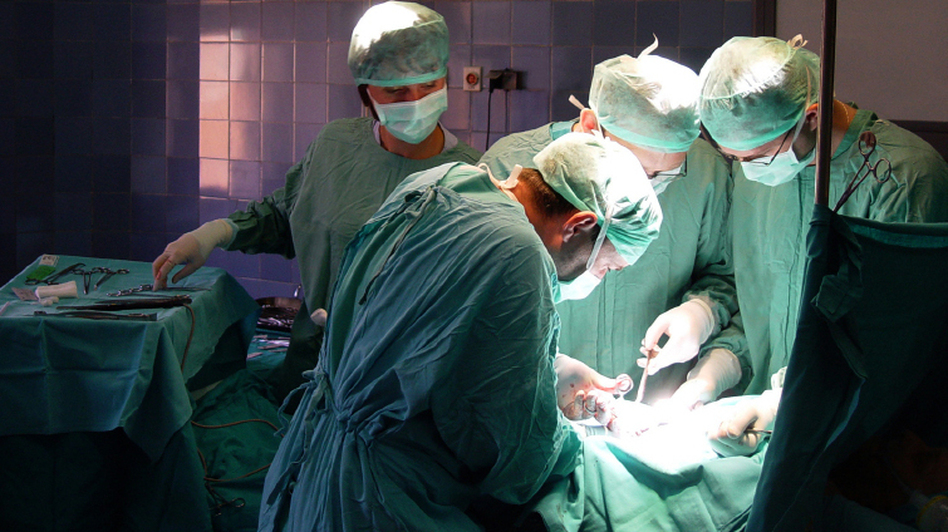
The most-thorough review of U.S. hospital records, insurance claims and medical malpractice lawsuits ever conducted produced an estimate that slightly more than 4,040 surgical errors harm patients each year. Further, the mistakes by surgeons, nurses, anesthesiologists and other members of the surgery team were found to be preventable in almost every instance. Patients are regularly harmed by errors that range from leaving implements inside the person’s body to operating on the wrong individual altogether.
LEARN MORE
- A Virginia Medical Malpractice Attorney Discusses Hypoxic Brain Injuries
- Oxygen Deprivation at Birth: Hypoxic Brain Injuries to Newborns
- The Dangers Patients Face While Going Under Anesthesia
Symptoms suffered by victims of surgical errors vary depending on the type of procure that was performed and the nature of the mistake that was made. For instance, an overdose of anesthesia can leave a patient with irreversible brain damage. Administering too little anesthesia can lead to the patient regaining consciousness during surgery and experiencing almost unimaginable pain.
Leaving a sponge or broken scalpel blade inside a patient’s body may cause physical damage, uncontrollable bleeding and infections. A wrong-site surgery (literally operating on the wrong part of a patient’s body) can render a person blind after an eye procedure or result in the amputation of a healthy limb, all while leaving the actual problem unresolved.
Most commonly, poor technique inflicts avoidable injuries. Several cases handled by our Virginia and North Carolina medical malpractice law firm have involved cut and perforated intestines in women who had their uterus removed during a hysterectomy. The OB/GYNs in those cases simply failed to control their implements and, then, did not recognize the damage their carelessness had caused.
Disappointing outcomes from surgery do not always result from preventable errors, however. Broken bones and damaged organs cannot be fully repaired in all instances. Cancers may not be fully excisable. An infection may have developed even before the surgery took place.
Grounds for pursuing a medical malpractice claim following a suspected surgical error only exist when evidence shows that one or more members of the surgical team failed to meet their duty of care to the patient. “Duty of care” can be defined in many ways, but the concept boils down to using the best standard techniques and equipment to try to protect the patient while working to achieve the best outcome.
Importantly, hospitals and clinics also have a duty of care to patients. Health care facilities meet their duty of care by doing things like making sure the hospital employs only properly licensed and well-trained staff, complying with regulations and ensuring doctors, surgeons and everyone else involved in patient care is adequately supervised.
Questions asked while deciding whether a person or health care facility that made an alleged surgical error breached their duty of care include
- Was the health care professional directly involved in the surgery?
- Was the surgeon, doctor, nurse of anesthesiologist properly trained and licensed to treat the patient?
- Did the health care professional follow accepted practices?
- Would a similarly trained and equipped health care professional have done the same things as the person named as the medical malpractice defendant?
- Did the patient suffer significant harm as a result of the error?
Answering these and other questions is always tough. In addition to investigating whether the surgical team did things like follow a safety checklist, count sponges and adhere to sterilization protocols, expert opinions on whether a supposed error could have been prevented are needed.
As a result, patients or their family members should consult with an experienced and caring medical malpractice lawyer to discuss their case before filing insurance claims or a lawsuit. A poorly worded complaint or the lack of an expert’s opinion can allow a defendant to easily dismiss claims that are actually quite strong.
EJL
RELATED CONTENT
· Perforated Bowel: A Preventable Surgical Mistake
· Surgeons, Nurses and Hospital Have Duties to Prevent Surgical Errors
· Medical Malpractice and Surgical Errors